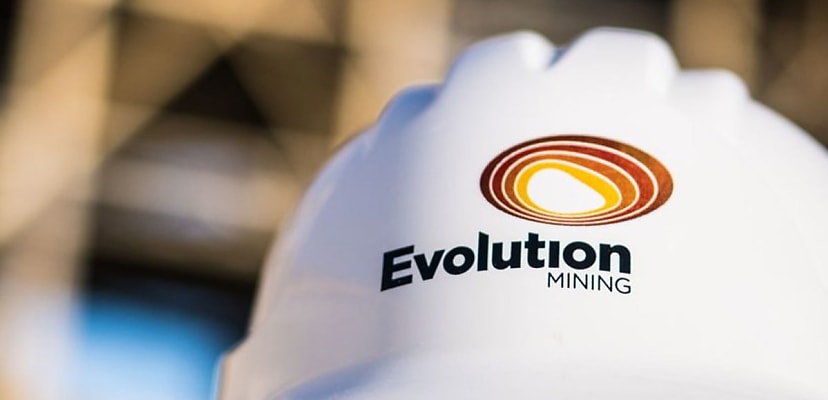Share this article on:
Powered by MOMENTUMMEDIA
Breaking news and updates daily.
Australia’s largest producer of gold has revealed that its IT systems were affected by a ransomware attack last week.

Evolution Mining, which produced over 650,000 ounces of gold in FY2022–23, announced to the ASX that on 8 August 2024, it detected a ransomware attack that affected its systems.
“[Evolution Mining Limited] has been working with its external cyber forensic experts to investigate the incident,” the company said in an ASX announcement yesterday (12 August).
“Based on work to date, the company believes the incident is now contained.
“The incident has been proactively managed with a focus on protecting the health, safety and privacy of people, together with the company’s systems and data.”
Evolution Mining added that it does not believe that the incident will have “any material impact on operations” but added that it has notified the Australian Cyber Security Centre.
The company recorded a profit after tax of $158 million in 2023.
At the time of writing, no ransomware groups have claimed responsibility for the attack, nor has one been identified.
The attack comes just as a number of other Australian mining organisations have suffered ransomware attacks.
In June, Australian rare-earth metals producer Northern Minerals confirmed that it had suffered a ransomware attack.
The incident was claimed by the Bian Lian ransomware gang, which listed the group on its dark web leak site, claiming to have operational data, data relating to potential projects and competitor research, financial data, employee personal data, shareholder and potential investor data and more.
Later that month, a second rare-earth metal producer announced that threat actors had attempted to breach its systems.
Iluka Resources said that the threat actors succesfully conducted a denial-of-service (DoS) attack; they failed to gain access to the company’s systems.
While the threat actor was not identified, the attack came just as Iluka Resources managing director Tom O’Leary called out China, claiming the country was rigging the prices of rare-earth metals to minimise the profits made by producers and gain a greater foothold on the world’s mineral resources.
“This is taking place via a number of binding offtake agreements with various companies, and via ownership, as in the well-documented case of Northern Minerals,” he said, continuing that Chinese state-owned entities were making attempts to control mineral deposits and rare-metal production in Australia, specifically Victoria and Western Australia.
He said, as a result, no rare-earth mineral producers are making a profit.
“No participant, regardless of geography, is making any money at today’s prices,” he said.

Be the first to hear the latest developments in the cyber industry.